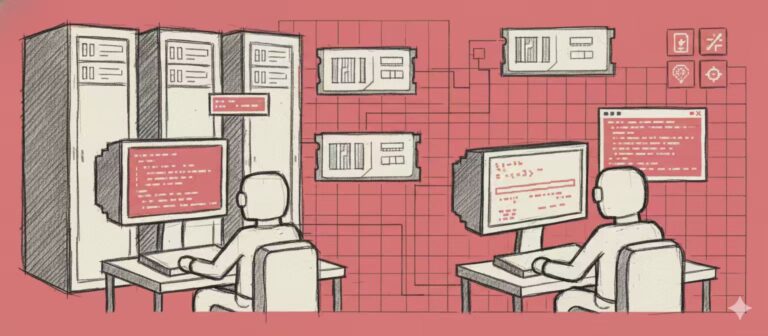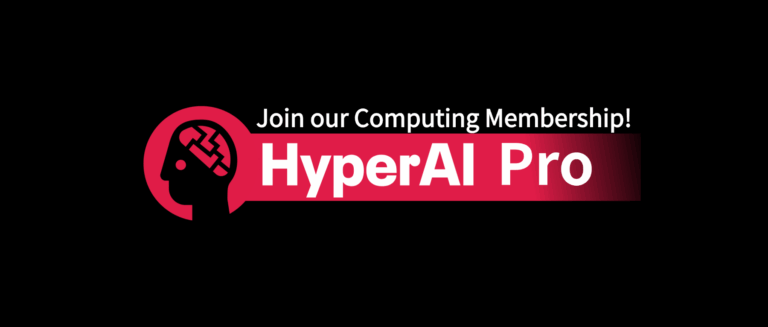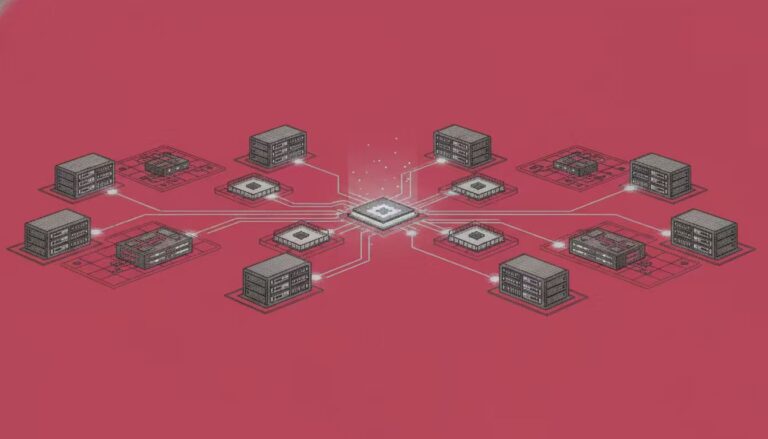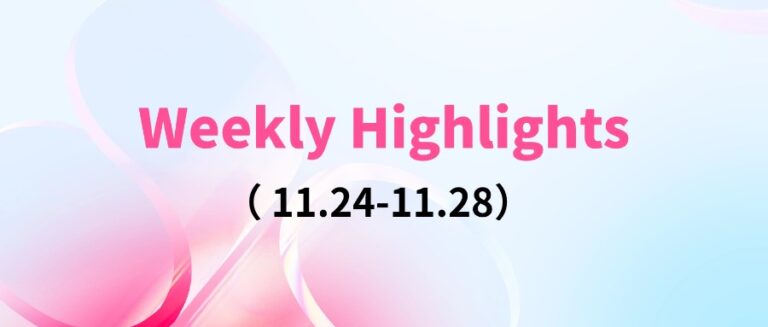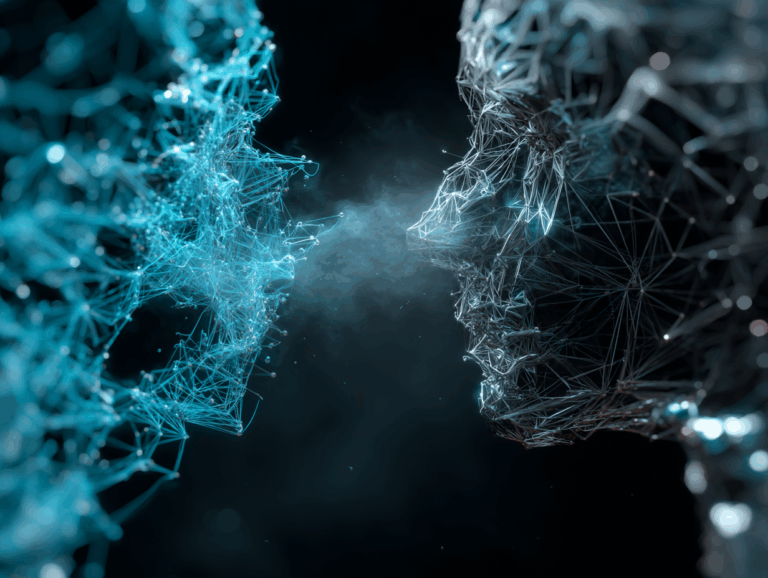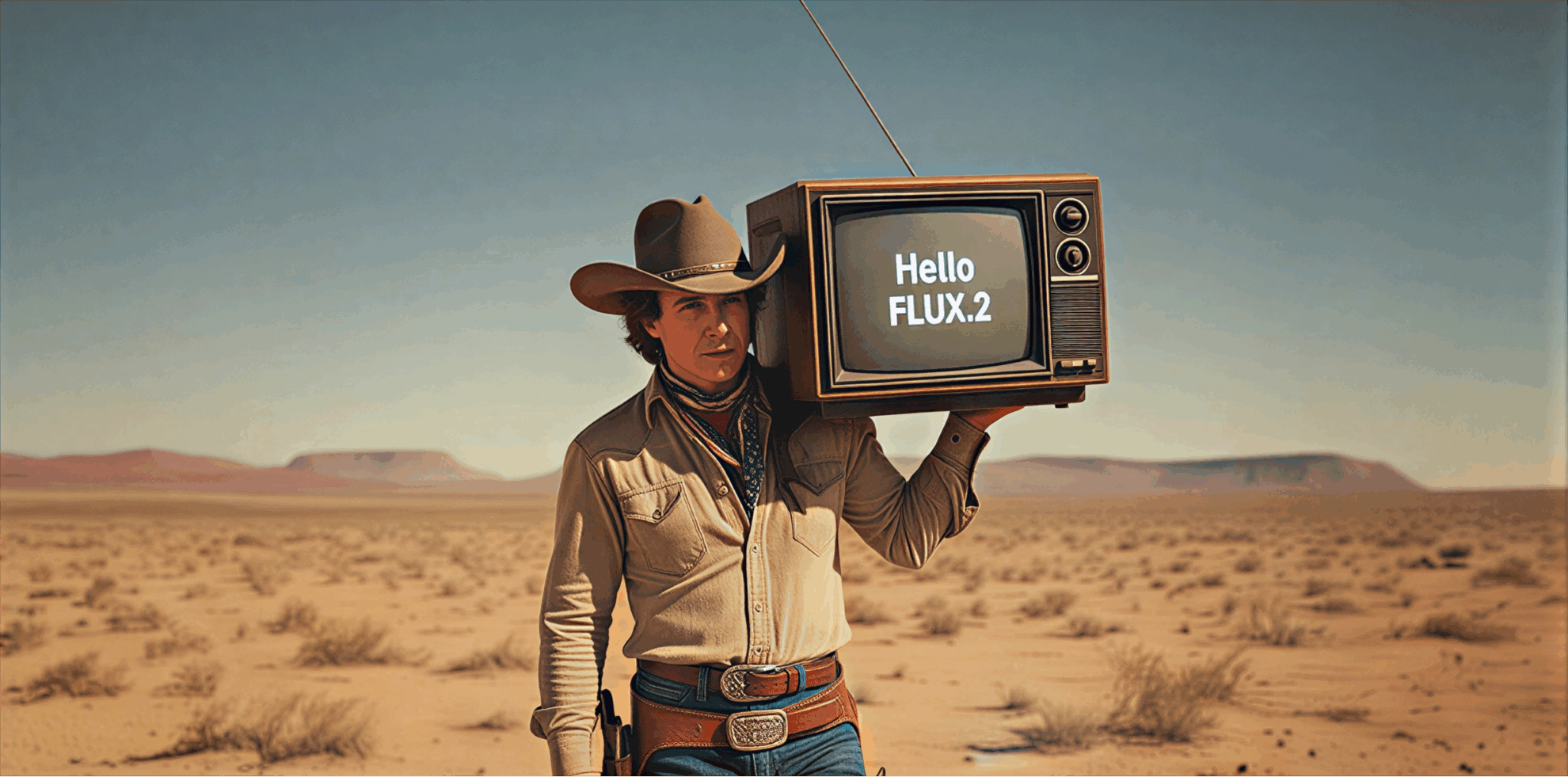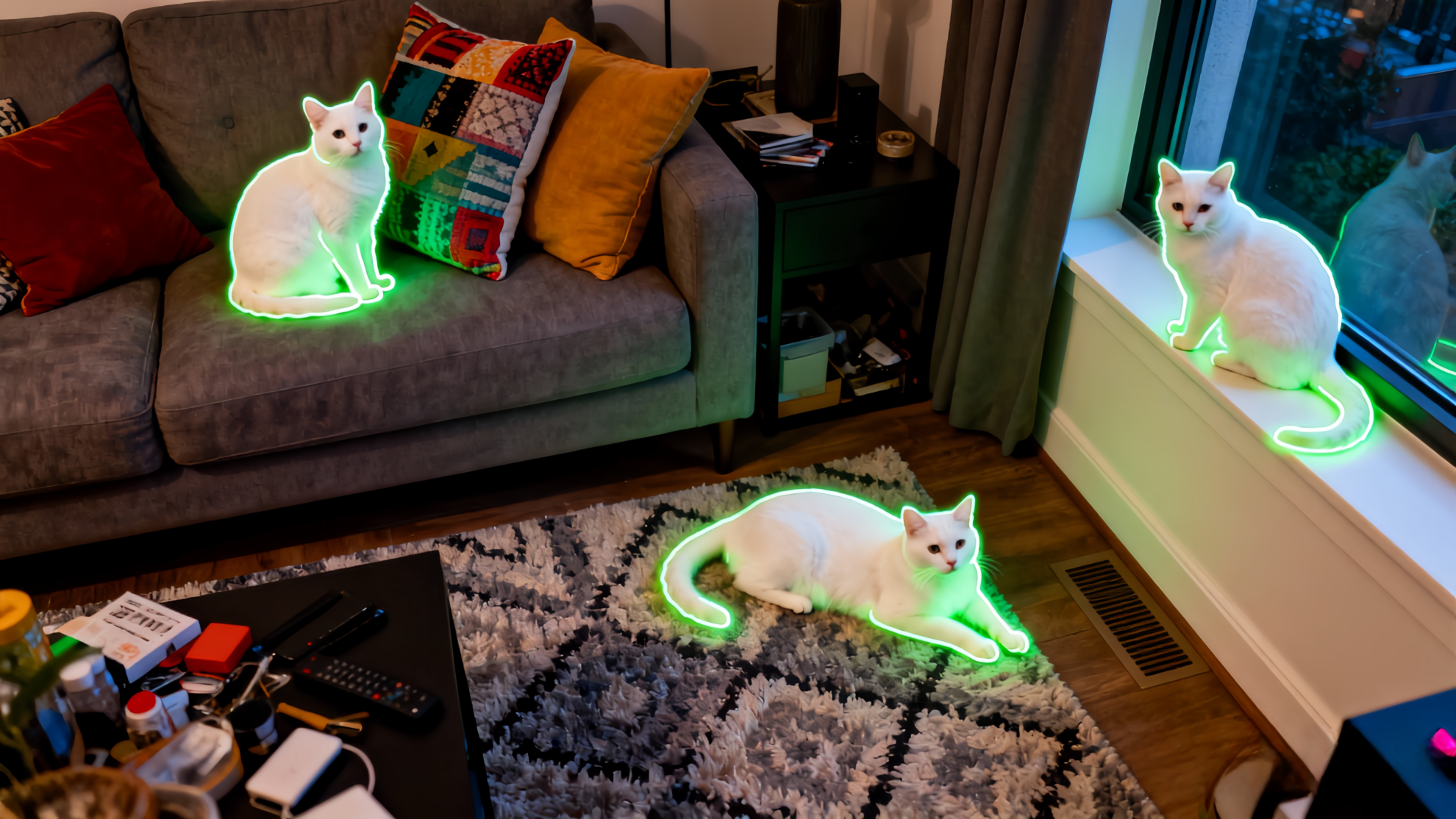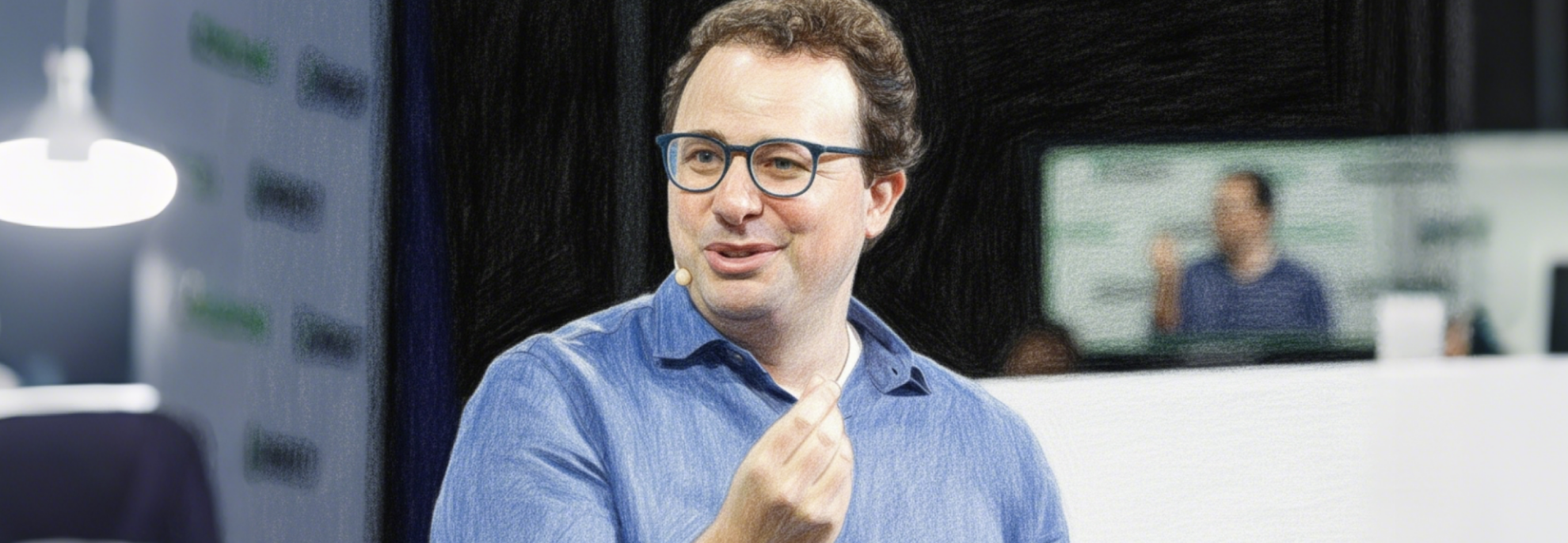Command Palette
Search for a command to run...
AI can't Save Hollywood, 160,000 Actors and Screenwriters Stage an Epic "strike Drama"
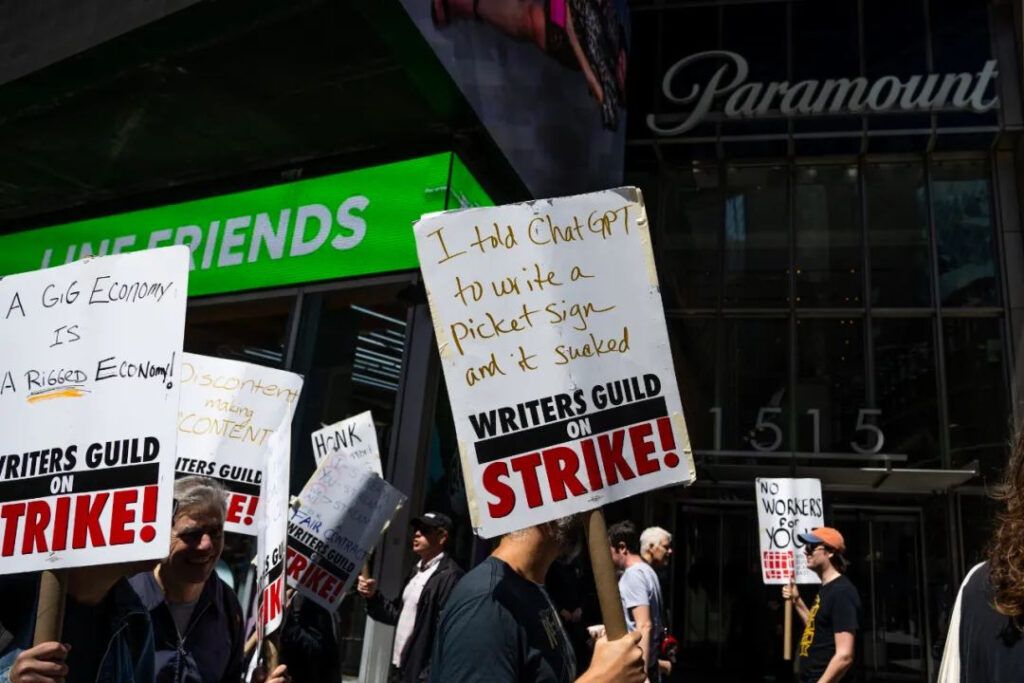
Contents at a glance:Recently, the Screen Actors Guild officially joined the Writers Guild and began a strike, which was called the "Doomsday" moment for Hollywood by many media outlets. It is worth noting that the reason for this strike, in addition to the old-fashioned salary issue, is an important new challenge - the use of AI standards.
Keywords:SAG-AFTRA Hollywood Anti-AI Storm
This article was first published on HyperAI WeChat public platform~
On July 13, local time, the Screen Actors Guild-American Federation of Radio and Television Actors Guild (SAG-AFTRA) announced that their negotiations with the production company had broken down and they would go on strike from that day. The reasons for this strike mainly revolved around salary conflicts and AI usage regulations. SAG-AFTRA President Fran Drescher said at a press conference,"If we don't step up now, we're going to be in trouble and we're going to be in danger of being replaced by machines."
During the strike, all actors will refuse to participate in the filming of Hollywood movies and TV series, as well as related film and TV series promotion activities.thisThis means that Hollywood will face its first "shutdown" in more than 60 years.The Screen Actors Guild-American Federation of Radio and Television Actors Guild (SAG-AFTRA) is a labor union in the United States that represents 160,000 film and television actors, journalists, radio personalities, recording artists, singers, voice actors and other media professionals worldwide.
Hollywood's "doomsday" is coming: anti-AI storm sweeps across the United States
The strike drama has been protracted. Previously, after the contract negotiations between the Hollywood Writers Guild (WGA) and the American Alliance of Motion Picture and Television Producers (AMPTP) broke down, the WGA announced the official strike on May 2.The direct cause of the strike wasThe two sides failed to reach an agreement on the dispute over increasing the screenwriters' annual salary.
According to relevant reports, screenwriters gathered in front of film and television companies in New York and Los Angeles, USA, and held signs to protest. However, in addition to increasing their income, they also had another important point:Add restrictions on generative AI. The WGA stated in a proposal: "Artificial intelligence should be regulated, it cannot write or rewrite literary materials, cannot be used as source material, and the work of screenwriters cannot be used to train AI." This proposal means that if the producer gives the AI-generated script to the screenwriter for revision, the screenwriter will not receive less royalties.
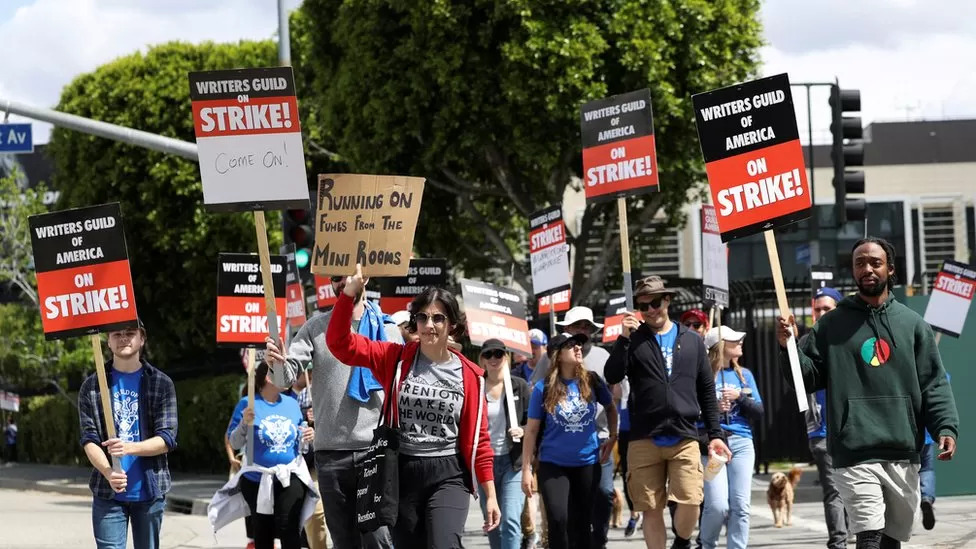
WGA strike begins in May
WGA committee member John August said:Limiting AI was one of the last things the WGA added to its list of demands.This needs to be addressed now, or it may be too late. He also said screenwriters are worried that the scripts they write will become fodder for AI to generate other scripts and write story ideas.
AMPTP rejected the proposal and only proposed to hold annual meetings with WGA to discuss the "definition of fast-evolving technology."
Two months after the WGA strike, SAG-AFTRA has now officially joined the camp, and an important point in their negotiations with AMPTP is also around limiting the use of artificial intelligence in performances. Duncan Crabtree-Ireland, chief negotiator of SAG-AFTRA, said at a press conference that the film company's proposal on the rules for the use of artificial intelligence seriously threatens extras without lines.“They proposed that extras could be digitally modeled, scanned, and paid for a day. Their companies would own the scans and likenesses of the actors and could use them in any film or TV series forever, without prior consent or compensation.”.
AI Collaborative Industry Development is the Hard Truth
Will Hollywood's fears come true? This massive "double" strike has once again sparked public concern about Thinking about the question of whether AI will replace humans.On the one hand, the development of artificial intelligence technology has indeed brought convenience to people's lives. On the other hand, it has also led to the possibility that creative and writing workers such as copywriters, screenwriters and actors may face career crises.
Over the past decade, AI has been increasingly used in the film and television industry, from using AI to change actors’ faces or restore their youth, to restoring their voices, to the latest tools such as Deepdub Go that use generative AI technology to re-dub foreign films and TV series into local languages.The impact of AI technology advancement on the film and television industry cannot be ignored.
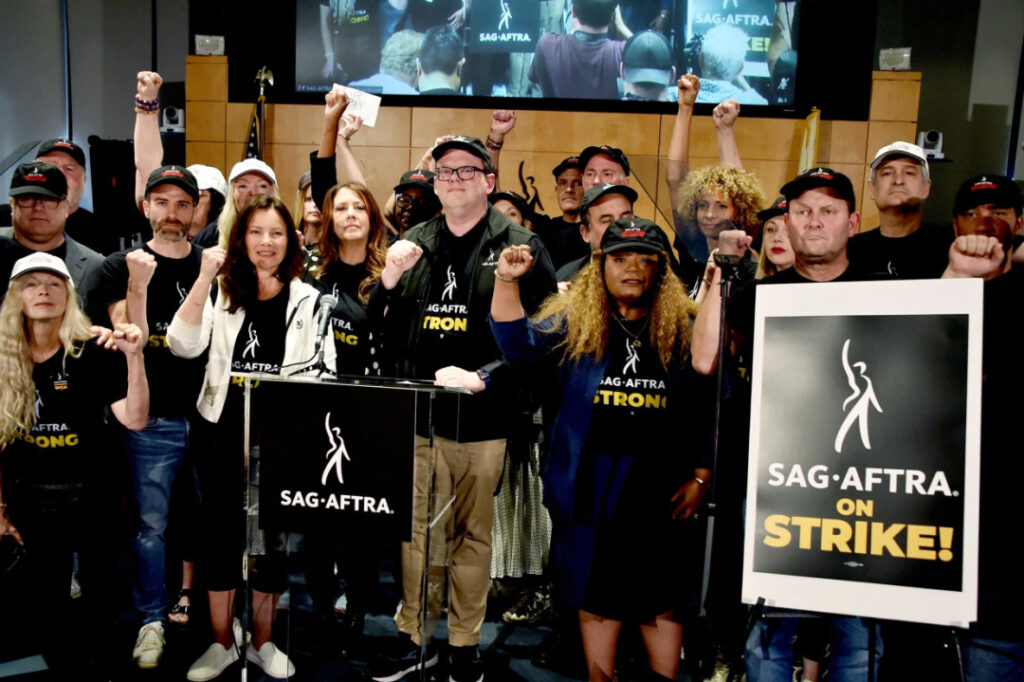
Fran Drescher (third from left) meets with union members
The domestic film and television industry also feels the same and has initiated discussions on this point. At the just-concluded 2023 World Artificial Intelligence Conference Science Frontier Main Forum, Guo Fan, the director of "The Wandering Earth", talked about the industry's anxiety about the development of AI technology. He proposed that“As AI functions are increasingly used, what will traditional artists who have studied for more than ten or twenty years do in the future?”
Further reading:"The Wandering Earth 2" Deepfake trial, 45+ Wu Jing "made" younger, transformed into a 21-year-old boy
In this regard, Zhang Yaqin, an academician of the Chinese Academy of Engineering, also expressed his own point of view that inspiration, humanity, and emotion are the most important in literary and artistic creation and film storylines, which cannot be replaced by AIGC.No matter how well AIGC does, it is just a tool.The more important question is how directors can better use tools to make better film and television works.
At present, even though AI technology is developing rapidly, it seems far away to completely replace screenwriters, actors and other positions with it. However, the rapid development of the field has undoubtedly brought many problems that need to be faced. As far as the film and television industry is concerned, although it is possible to capture actor information through data collection and process it into works, there are still many issues such as whether film and television companies have the right to collect data, the ownership of the intellectual property rights of the works, and the income sharing of actors.There is no clear answer yet.These issues that need to be urgently addressed by the film and television industry are also worthy of advance preparation by all industries.
Reference Links:
[1]https://m.thepaper.cn/newsDetail_forward_23030999
[2]https://fortune.com/2023/05/05/hollywood-writers-strike-wga-chatgpt-ai-terrifying-replace-workers/
[3]https://world.huanqiu.com/article/4DjNh5BSBup
This article was first published on HyperAI WeChat public platform~
